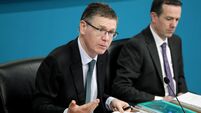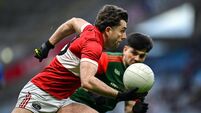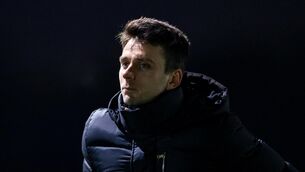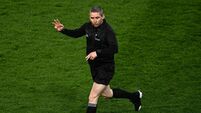Donegal comparison surprises Noel Connors
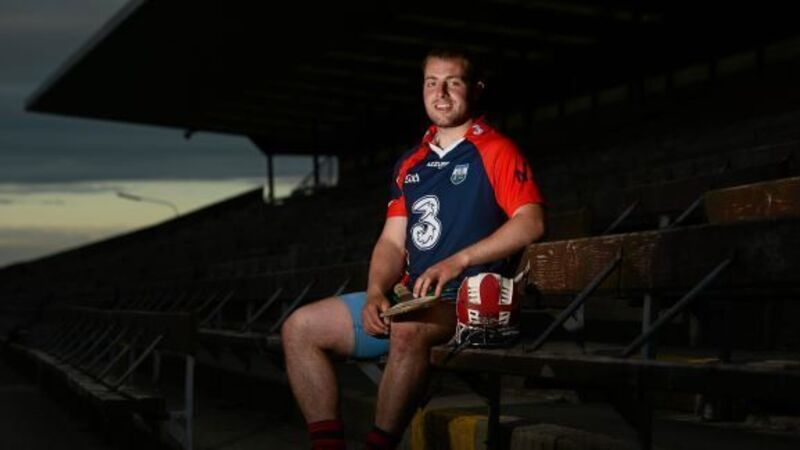
The relative privacy of Division 1B may have shielded them from such analysis but their wins over Wexford and Galway have brought extra attention and with that critiques of their brand of hurling.
It’s nothing new to Connors, it must be said. In Davy Fitzgerald’s early years, Waterford came in for criticism for moving to a possession-style game from the cavalier, off-the-cuff tactics adopted under Justin McCarthy.








